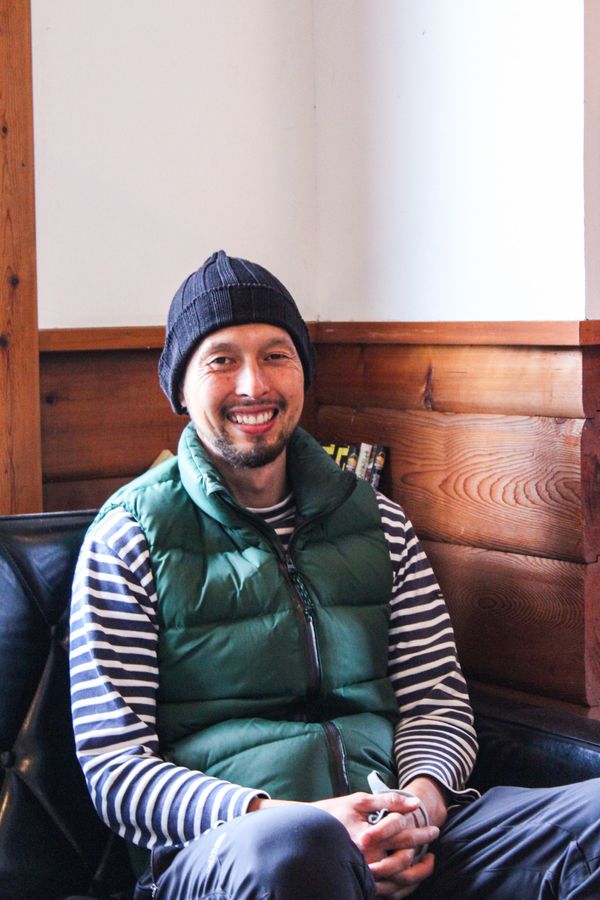Photos by Mirai no Hyakusho
Mirai no Hyakusho (Ways We Work) is a new podcast created by our friends, which presents alternative lifestyles, bridging urban and rural, and rethinking life in community with human and nature. Each program introduces an individual working in agricultural communities throughout Japan.
To accompany their podcast episodes, available for listening now on Apple, Spotify and Anchor.fm, we are publishing three articles in English to summarize the fascinating conversations they share in Japanese, with three innovative individuals living in rural Japan.
EPISODE 3: Building a foundation in the countryside and training others with Takashi Yamashita of Asian Rural Institute (ARI)
*Please note all translated quotes are paraphrased.
The Japanese salaryman is a world-famous symbol of the strict and demanding work culture of traditional Japanese companies. Even today, top-down hierarchical structures favour age over skill, conformity down to the colour and shade of your suit, and only until recently was life-long employment not the overwhelming norm.
Takashi Yamashita, is familiar with this grueling salaryman lifestyle, having worked as a car salesman for six and a half years. Working six days a week, year after year, Takashi grew emotionally and physically depleted, and yearned for a drastic life change. However, taking the leap with a family, with two small kids, is no easy decision particularly in Japan.
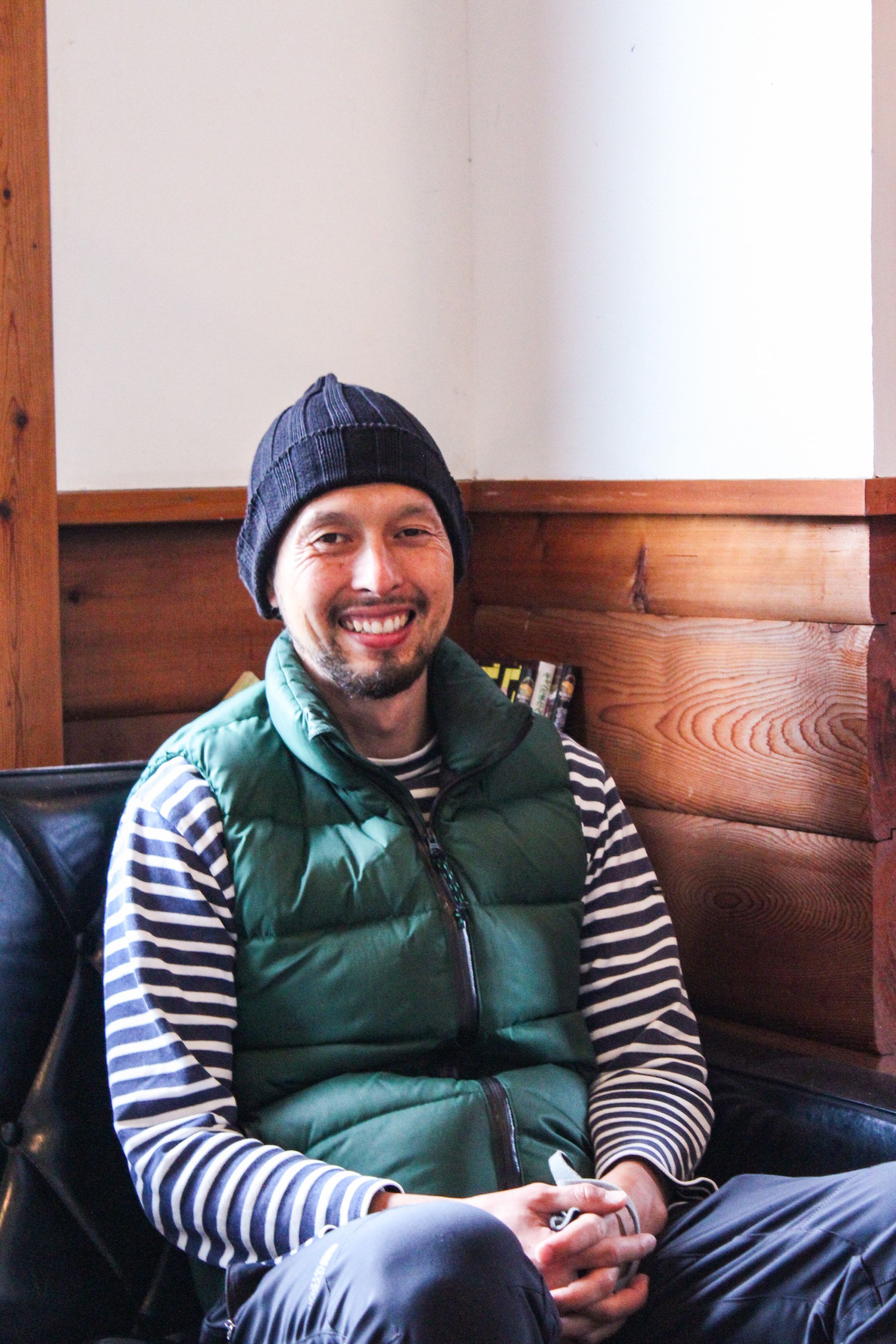
Instinctually he thought of connecting with nature through agriculture, to regain the vitality he had lost to his work. "But I didn’t have any money, nor the right skills, and with a family and two small kids to support, and that’s where I always got stuck."
Upon finally leaving his job, he became a full-time "stay-at-home" dad living in Nasu, Tochigi Prefecture, just over two hours north from Tokyo. Simultaneously he commuted to a specialization school where he learned about organic farming, and found a community. He volunteered, joining the founding committee for Earth Day Nasu — an annual event that raises awareness for the environment and sustainable living in his town, and it was there that he first learned of ARI.
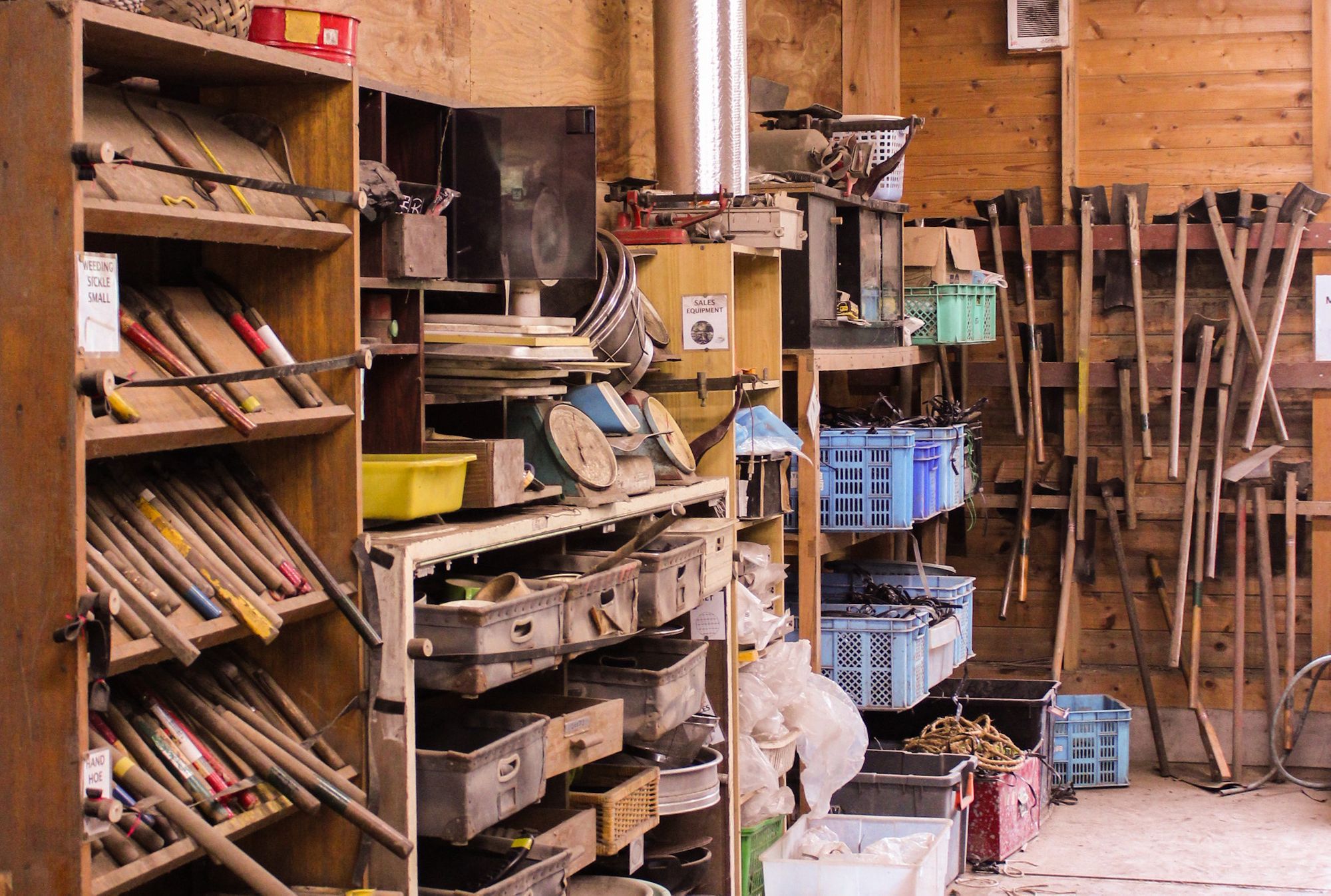
ARI, an acronym standing for Asian Rural Institute, is a school in Nasushiobara, Tochigi Prefecture, which specialises in training students for leadership in agriculture. Initially focusing on the Asian region (hence "Asian" in ARI) it now welcomes students from all over the world, from domestic to international students from rural areas of developing countries. The annual cohort may be small — usually consisting of just 25-30 students — but extremely diverse, sometimes with 20 or more nationalities.
Students typically have a minimum of three years of farming experience already under their belt and learn through practical, and literal, hands-on fieldwork as well as classroom theory. Upon graduating, they take the skills and knowledge they've learned and apply them to their local communities.
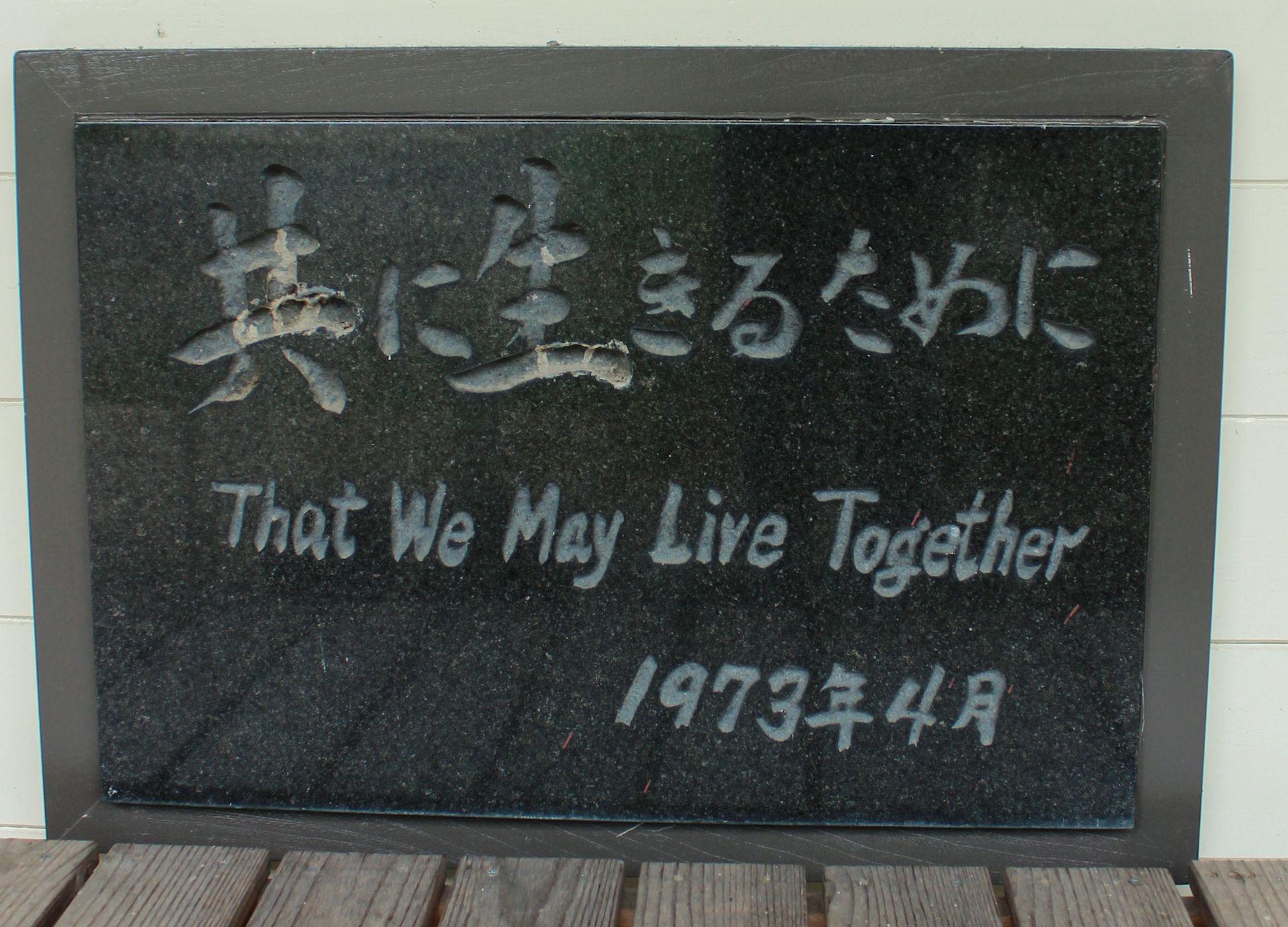
The type of leadership that ARI promotes is completely atypical of that found in Takashi's former life. With the school motto being "That We May Live Together", collaboration and collectivity is central to its curriculum. In fact, one of their three pillars of learning is "Servant Leadership". What sounds like an oxymoron makes perfect sense in practice — leading in servitude means being a supportive leader. This feeds into the other two pillars — "Community Learning" and "Food Life". The latter, the first and foremost pillar of learning at ARI, is what struck Takashi early on and compelled him to work with them.
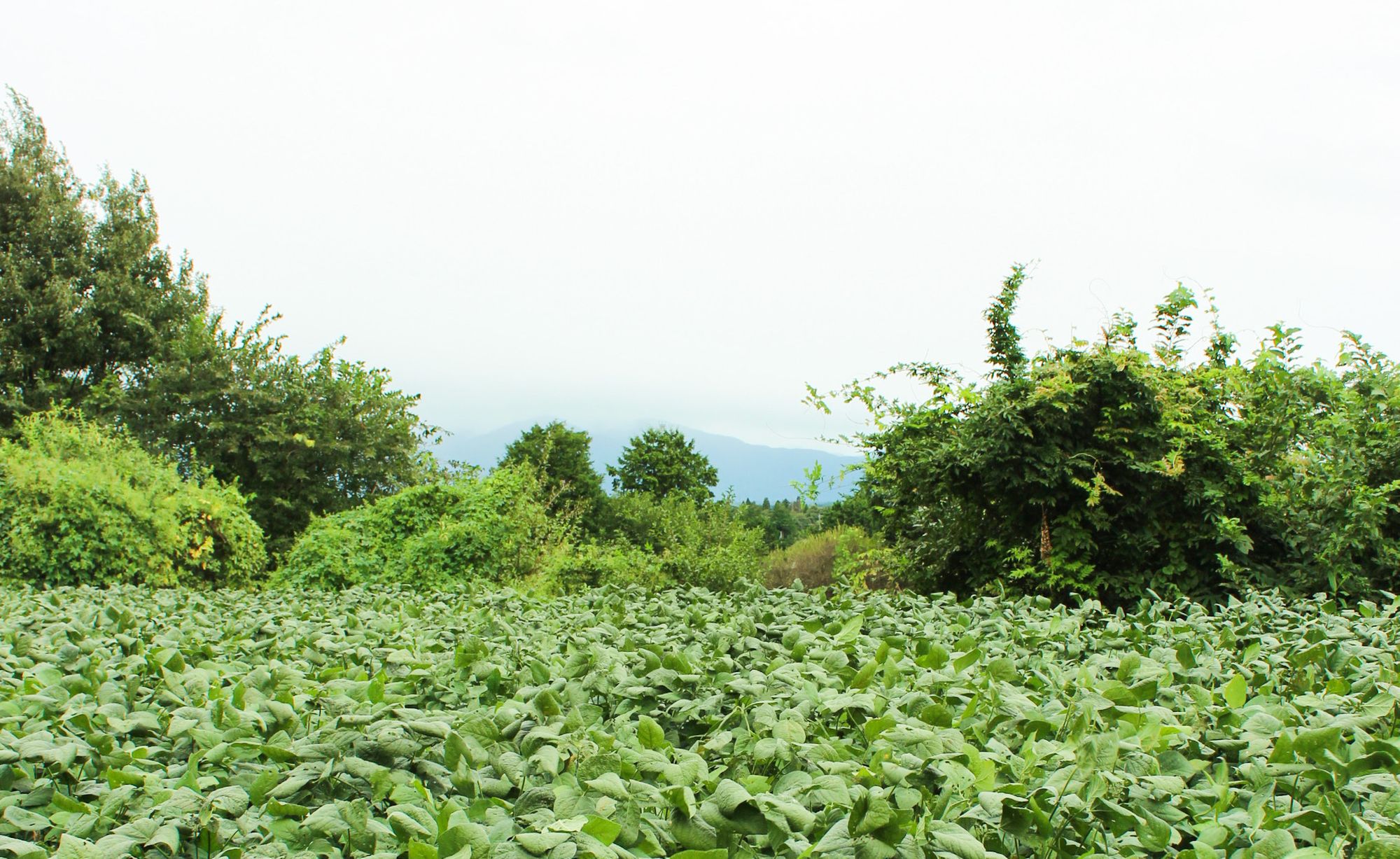
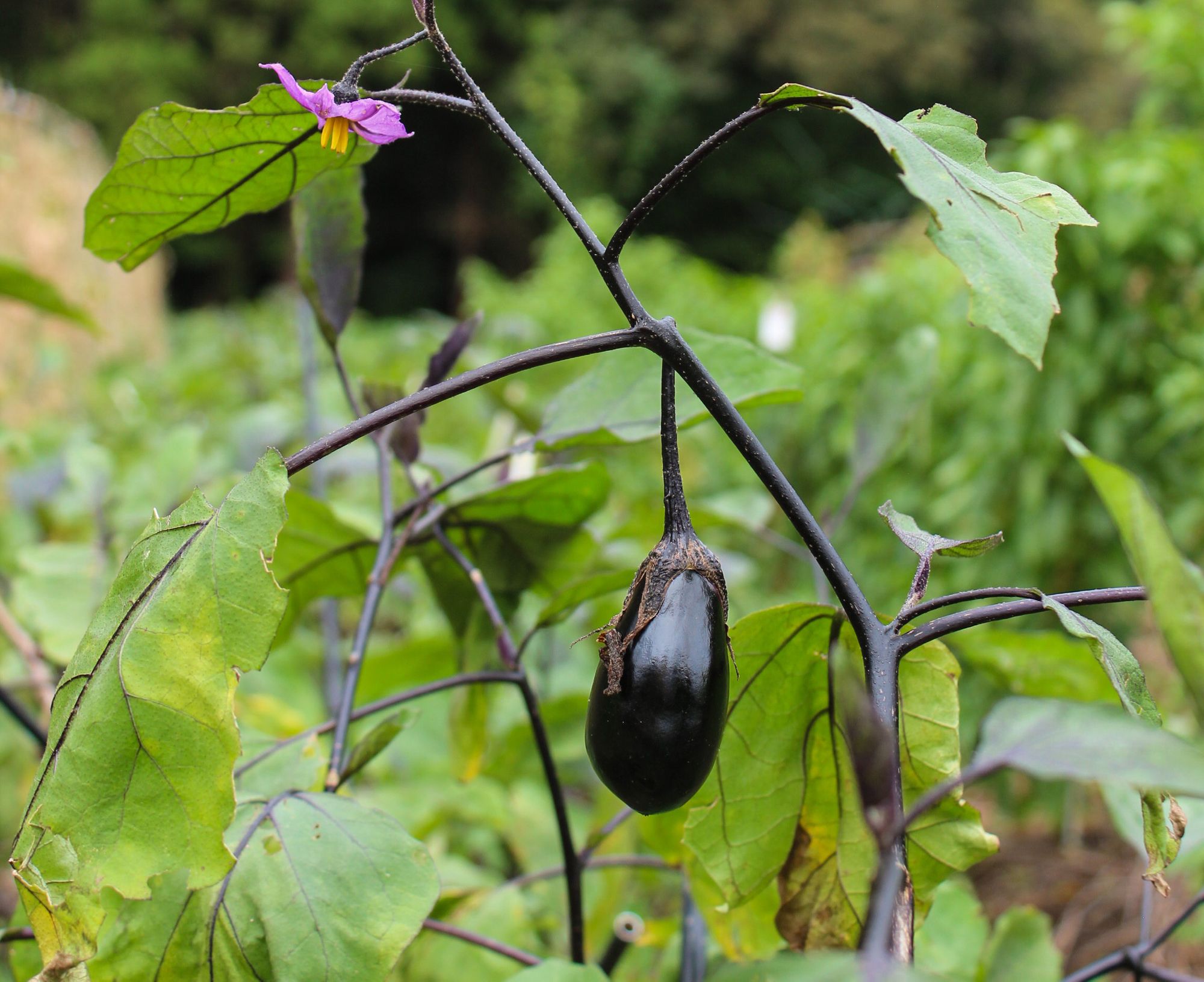
As a part of their training in agricultural leadership, ARI students tend to the fields and livestock on campus. During his first tour of the campus, he was able to visit their pig pens.
"You really start to realize that food is a part of our lives, it comes from life itself."
He spotted a pig, a particularly large one that could have easily weighed 100 kilograms. When asked what he thought its age was he guessed under, saying five years old, and was shocked to learn that it had not even celebrated its first birthday and was almost ready for slaughter. Realising the brevity of this pig's life, he instantly recognised his ignorance as a consumer, knowing nothing of the process of his own food up until that moment. This was the moment in which he understood the concept of Food Life.
"Looking after pigs everyday, feeding the chickens, going to the fields and giving fertilizer and water, you really start to realize that food is a part of our lives, it comes from life itself."
Accessing fieldwork becomes not only critical for understanding the theory in their curriculum, but also fostering an appreciation for life, a characteristic ARI sees crucial for agricultural leadership. The new found understanding propelled Takashi to share his realization with others at the school.
Now, Takashi works as the Fundraising & Domestic Projects / Seminar director at ARI, interacting with individuals and groups visiting the school short-term. Interacting with such a diverse range of people, both in and outside of the school, Takashi accredits this diverse community for his changed disposition towards the work and life, and the world in general. Echoing the pillar of Community Learning, simply being together in such a community — students, faculty members and visitors of diverse backgrounds — is a huge part of the education.
"While I had met a lot of people from Asian countries before ARI, I never really got the chance to meet any people from Africa. This year we have a Rwandan student who spoke about the civil war in her own country, it was the first time I got to hear about these tragic things so personally."
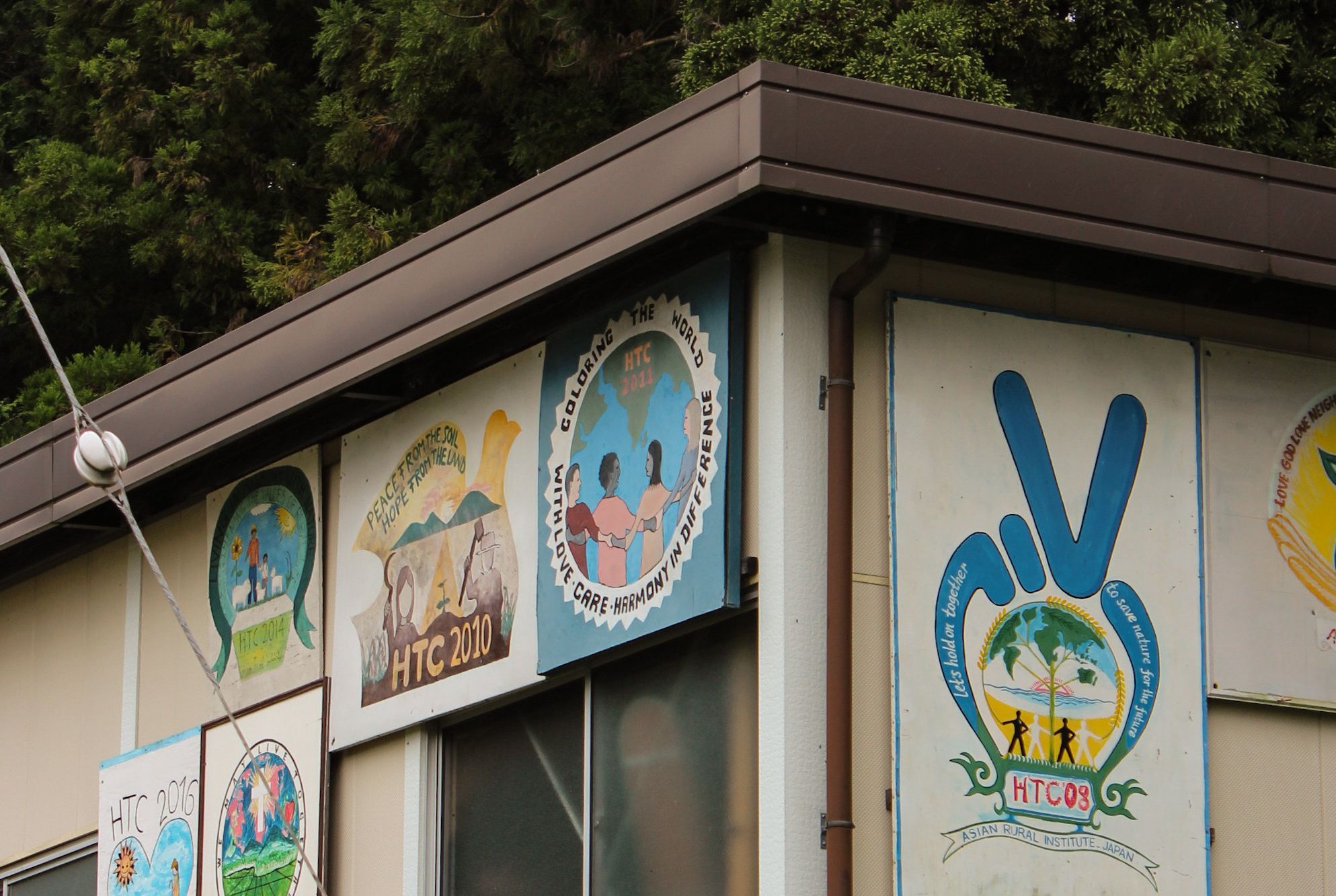
His community extends beyond ARI to other mentors and craftspeople in the Nasu area. One particular life-changing experience was at "Atelier Non-electric" — a workshop promoting sustainable energy living. Here he learned from mentor Fujimura-sensei who taught him how to build a sustainable small house. The experience required him to be resourceful, foraging for materials or obtaining them locally, and connecting with others to help him with the process.
Not only did it teach him self-sufficiency but also to depend on others. The achievement also mentally strengthened him, and allowed him to gain a sense of confidence in using his own hands.
"Cutting trees, mixing cement...starting from the foundations, starting with nothing, you can see something slowly come together to form something that can give you life. It opens up a lot of possibilities."
"...starting with nothing, you can see something slowly come together to form something that can give you life."
Unlike our two previous interviewees, Takashi never moved to Tokyo, but has encountered so many places and lives through so many people in the small town of Nasu. His advice to those who find themselves trapped in a situation that Takashi had once found himself in: start with the simple act of cooking.
Use produce produced locally, either by yourself or by locals you support, and share it with people. "First start by doing something with your hands and then allow your imagination to flow from there."
Ways We Work Project Staff
Akane Bessho (Host)
Anna Jensen
Lenka Brindzová
Yutong Wang
Jack Lichten
Music
FUYUSO
Gaku Yonekura/piano
Norimasa Sakanoshita/guitar
Bobby Adriel Moses/violin
Financial Support
Fukunaga Mayumi Research Lab
If you liked this article, please consider supporting APPETITE. Your donation will go towards project costs and paying creatives. One-off donations start from $5 via Buy Me a Coffee.

